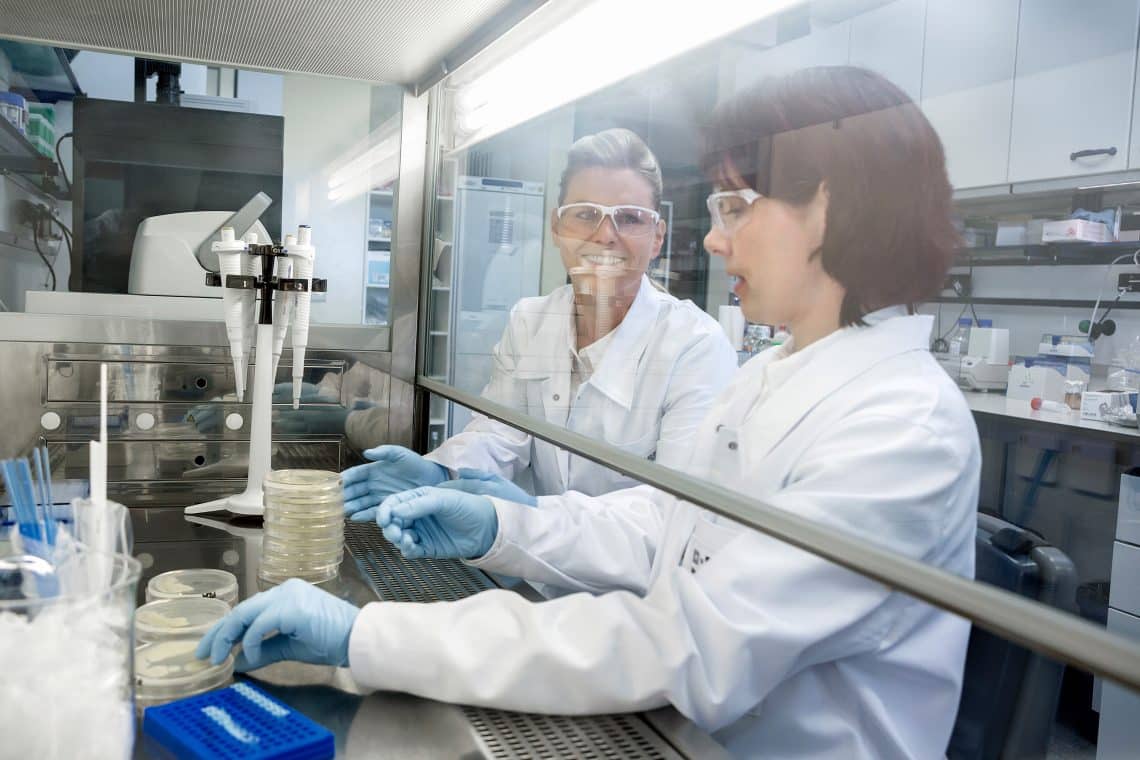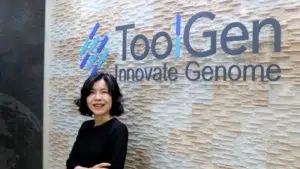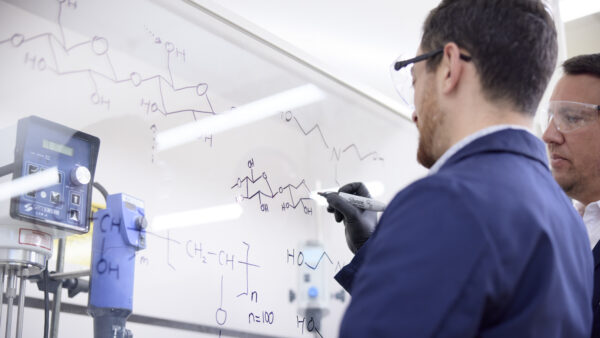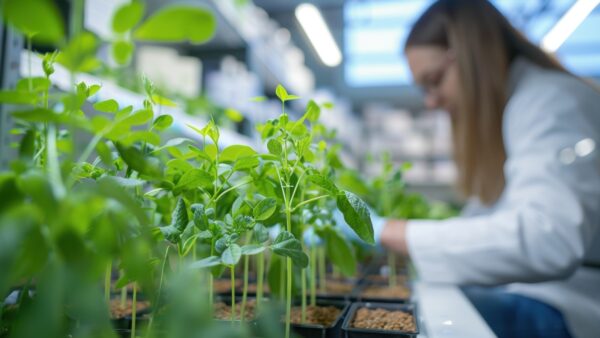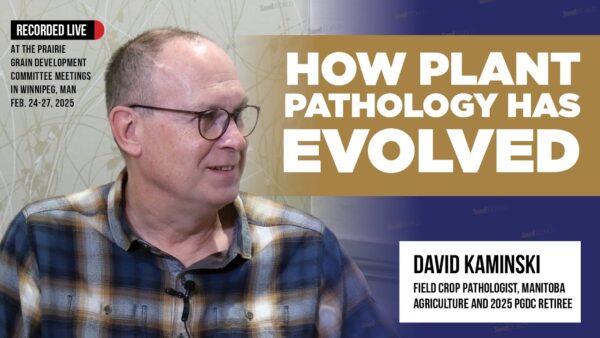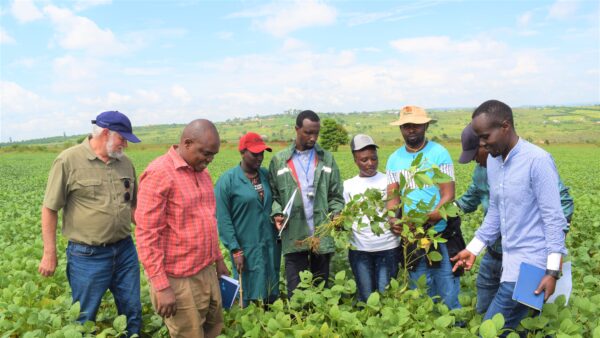BASF has reached a global licensing agreement with the Broad Institute of MIT and Harvard for the use of CRISPR-Cas9 genome-editing technology to improve products in agricultural and industrial microbiology applications.
“The CRISPR-Cas9 technology is a game changer within the field of genome editing,” says Peter Eckes, president of BASF Bioscience Research. “We are eager to see the new ways it will augment our research and improve multiple products for agriculture as well as numerous industrial applications.”
The technology advances genome editing because it has the potential to be a simpler and more precise tool for making targeted changes to a cell’s DNA. For BASF, it offers many benefits for advancing and delivering improved agricultural and industrial products faster and less expensively than other genome-editing methods.
“This technology represents a transformative application of genome editing for the research community,” says Issi Rozen, chief business officer of the Broad Institute. “CRISPR-Cas9 can directly benefit advanced research across many industries including human health and agriculture. We are proud to partner with stakeholders throughout the biomedical and agriculture community to help deliver responsible solutions for our planet.”


